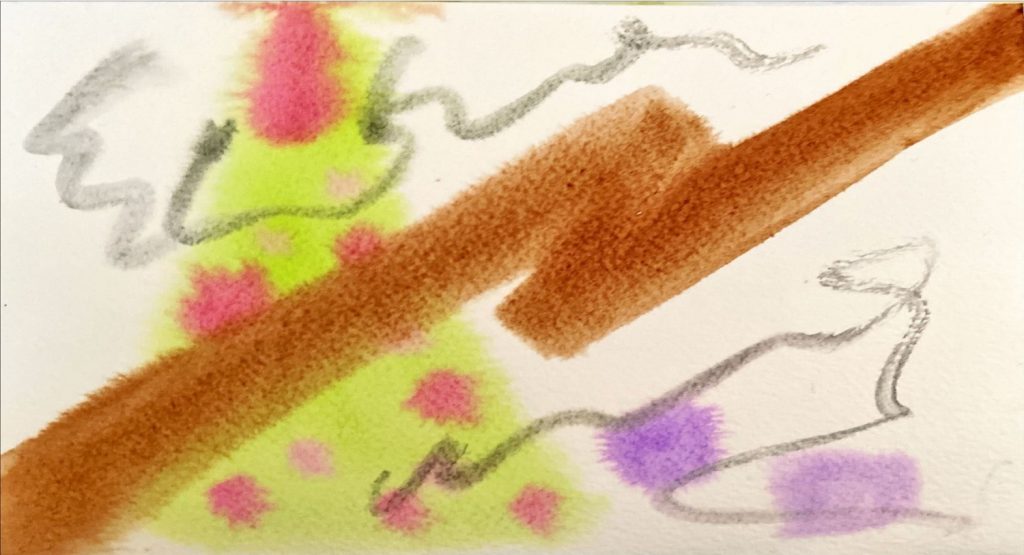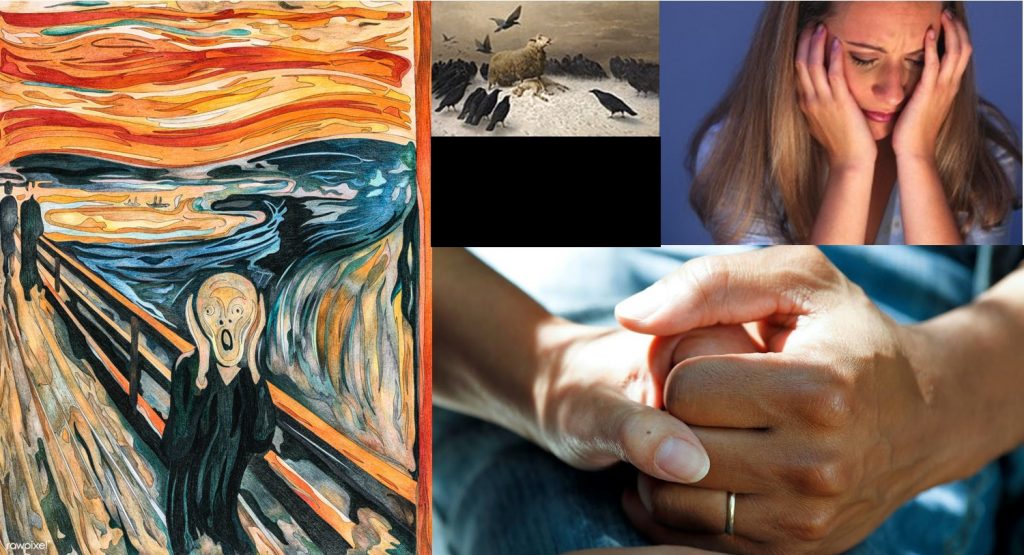
At this time of year, many people who come to see me about their grief become worried about the looming Festivities of Christmas.
Many don’t know how to make their Christmas be anything but awful and devoid of meaning. They are grieving and the person who made it worthwhile will not be there anymore.
Maybe you want to pause Christmas for a year?
If you have other family members who don’t want to do that, especially children, then you can’t really do that.
Maybe the one you loved always enjoyed Christmas and you are determined to honour their memory by celebrating Christmas. But you don’t know how to do that.
I always suggest that this may be a time for new traditions, new ways of doing Christmas that honour the one who is gone, but still allow for celebration.
Here is a suggestion of how you can plan a new type of Christmas.
STEP 1
The first step is to plan activities that will help bring new meaning to the day.
Get a notebook and start writing down.
• An activity that expresses your values (what is important to you?)
• An activity that makes you smile.
• An activity that you find relaxing.
• An activity that connect you with people you care about.
• An activity that makes you think.
• An activity you enjoy but never have time for.
• An activity that brings back wonderful memories
• A spiritual activity that makes you feel connected to a higher power.
• An activity that isn’t always fun.
• Any other activities you can think of that you find meaningful.
STEP 2
The next step is go read through your list.
What on this list is something you most long to do? Are they things you can do at Christmas? Are they small enough to fit into a hour or two . . . or less?
Make a list of the things you can fit in to Christmas.
Take 2 pages and divide them between the morning and afternoon/evening.
Start at the hour you normally get up.
Have the finish time when you normally get to bed.
Now divide the day evenly between the two pages, marking off every hour from when you start the day to when you end the day.
Now write in the things you know you need to do on the day.
I want you to include on this list at least one time when you will do something to honour the person who is no longer with you. This doesn’t have to take long. Just acknowledge them.
I also want you to include down time when you may nap, meditate, read a book, sit under a tree, take a walk and so on.
Now look at the time left over.
Look at your list of activities.
Choose the ones you can achieve in the day. You may want to brainstorm how you might do each activity.
Now look at your spare slots and choose 2 to 3 activities you can fit into those slots.
Make sure the activities you choose are ones you know you can do. Try to fit one activity as early as you can in the day and another activity as late as you can in the day.
STEP 3
Evaluation.
It is the day after Christmas.
How did your day go?
Did you do your special activities?
How did it go?
Look at your list of activities. Is there one you can do today?
Maybe there will be ones you can do tomorrow, the day after, and so on.
These special activities are not just for Christmas.
Make that decision to include in your life activities that give meaning to you. As you learn to live with the loss of your loved one, meaning in your life now is one things you must learn. Why not use that learning to help you live through this.
NEED MORE HELP?
If you would like to talk to me about how I can help you with your grief, please contact me on 0409396608 or nan@plentifullifecounselling.com.au
If you would like to learn more, I write a regular newsletter with interesting information, tips, information on courses, and the occasional freebie. At the moment I have a free mindfulness meditation for anyone who signs up to my newsletter. This meditation offers a way to safely explore your feelings and learn to be okay with them. If you would like to subscribe please click on the link here: http://eepurl.com/g8Jpiz









